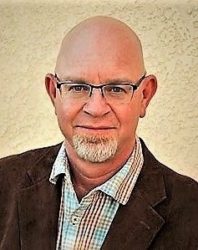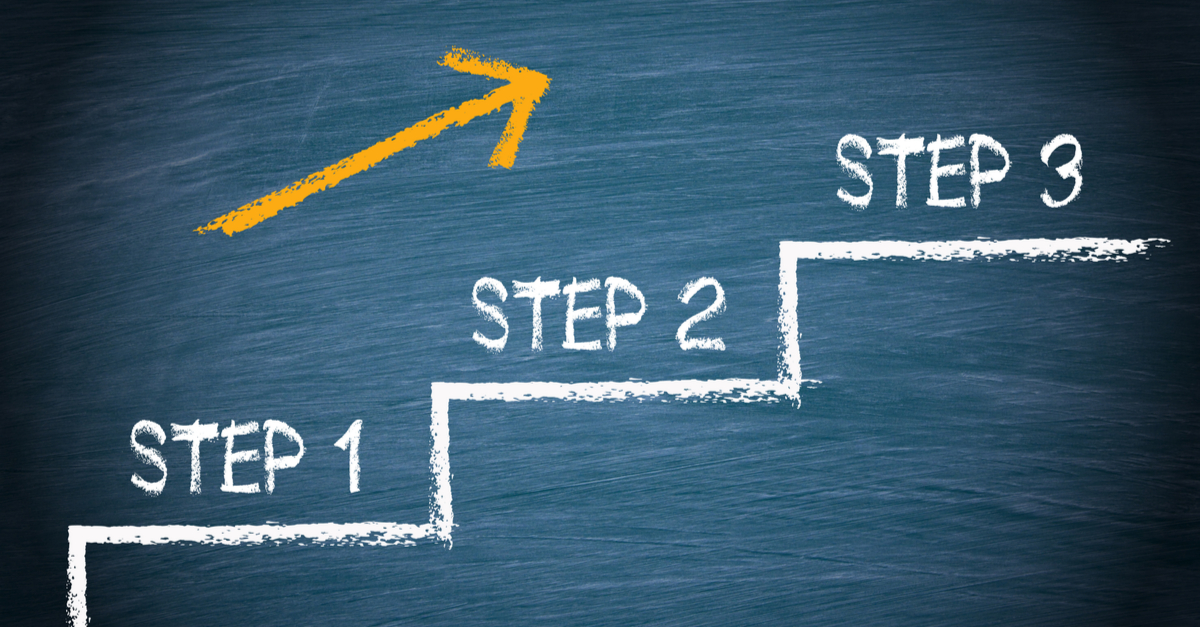 Scott Brassart
Scott Brassart
Last week, we discussed how to work Step 2 of the 12 steps, along with the benefits of working that step. This week, our focus logically moves to step 3.
Step 3 reads as follows:
Made a decision to turn our will and our lives over the care of God as we understood God.
Step 1 helps us understand the depth and consequences of our addiction. Step 2 helps us see that if we hope to make changes for the better, outside help is needed. Step 3 starts the process of actually accepting that help. In some respects, Step 3 is the first “action step” of recovery, as it is the first time we are asked to actually do something – to make a decision that outside guidance will be accepted and followed.
It is not unusual for the word “God” to bungle the works a bit, as many of us have bad memories of the punishing deity with which we were raised. You know, tall guy, white beard, flowing robes, gets really, really angry when we don’t do exactly what he wants, when he wants, and then he drops a plague of locusts or floods the planet or does something else that sort of seems like overkill. Plenty of addicts, even those who are eager for recovery, have no intention of ever re-engaging with that guy.
 Well, good news: That’s not what Step 3 is about. For addicts who struggle with the God thing, it is perfectly acceptable to substitute the words “power greater than ourselves.” In other words, believing in and accepting a traditional version of God is not necessary. We only have to acknowledge that we need and are going to willingly accept help, which usually arrives in the form of supportive real-world people who can aid in our ongoing sobriety – residential treatment, therapists, 12-step fellowships, 12-step sponsors, supportive friends in recovery, etc. For some addicts, the word God becomes an acronym for the “Good Orderly Direction” given by our recovery advisors and support network.
Well, good news: That’s not what Step 3 is about. For addicts who struggle with the God thing, it is perfectly acceptable to substitute the words “power greater than ourselves.” In other words, believing in and accepting a traditional version of God is not necessary. We only have to acknowledge that we need and are going to willingly accept help, which usually arrives in the form of supportive real-world people who can aid in our ongoing sobriety – residential treatment, therapists, 12-step fellowships, 12-step sponsors, supportive friends in recovery, etc. For some addicts, the word God becomes an acronym for the “Good Orderly Direction” given by our recovery advisors and support network.
Nevertheless, some of us still struggle mightily with the God concept. The religion of our early life is simply too ingrained, and the resentments run too deep. In such cases, a simple exercise often helps. First, we get a large sheet of paper. On it, we draw a giant circle. Inside the circle we write attributes that we think our ideal higher power should possess – loving, caring, honest, funny, protective, nurturing, etc. Outside the circle we write attributes that our higher power should not possess – angry, judgmental, punishing, dictatorial, and the like. Then we use a pair of scissors to cut away whatever is outside the circle. These undesirable attributes are then ripped up and thrown away, ceremonially burned, or whatever. We then agree to act as if what remains, the desirable higher power attributes, are the reality of God for us.
If this exercise seems silly, it may help to re-read the final five words of Step 3, “God as we understood God.” In other words, it is up to us to understand (or not understand) our higher power, and nobody in 12 Step recovery should ever judge our or anyone else’s concept thereof. We are free to find and include in our lives any higher power that works for us, and that higher power need not match anyone else’s in our program of recovery (or anywhere else).
For addicts who are unwilling to consider any sort of spiritual entity at all, 12 Step recovery still works. For such folks, the way to work Step 3 is to identify three or more people that we are willing to trust and to ask for their help when we are struggling. Those people can form our higher power – the collective entity to whom we will (at least for now) turn over willful behavior and control. Essentially, these higher power individuals serve as sounding boards, advisors, and accountability partners. For instance, we might agree to call one or more of these individuals both before and after a work-related cocktail party to help ensure our sobriety.
In the end, we are well-served to understand that a higher power (whether we choose to call it God or something else) can be anything outside of ourselves that helps us stay sober. We are not tied to any particular definition or belief system; instead, we are free to choose and accept help from any version of a higher power that works for us, regardless of how others may feel about it.
* * * * * * * * * *
If you or someone you care about is struggling with sex, porn, or substance/sex addiction, help is available. Seeking Integrity offers inpatient treatment for sex, porn, and substance/sex addicts, as well as low-cost online workgroups. At the same time, SexandRelationshipHealing.com offers a variety of free webinars and drop-in discussion groups, podcasts, and more.
